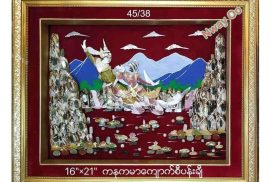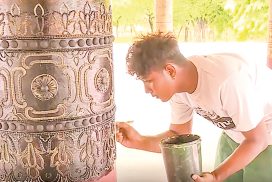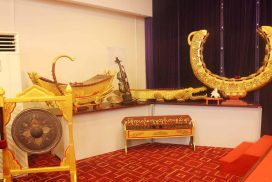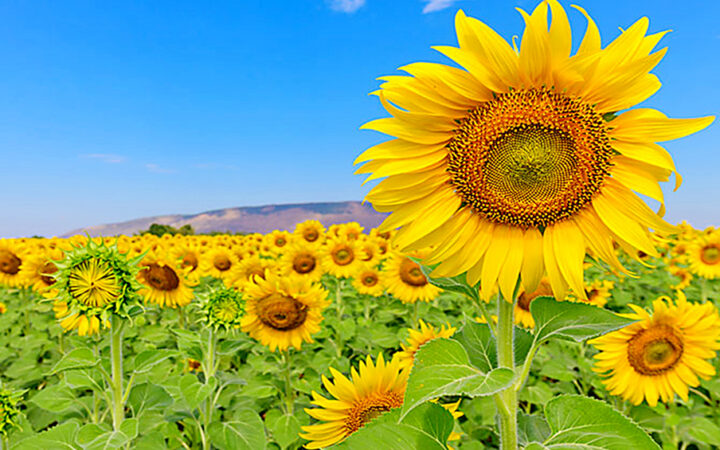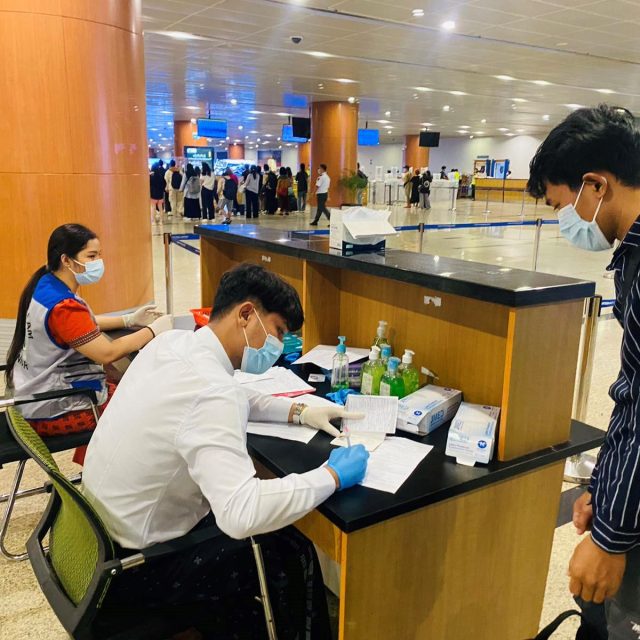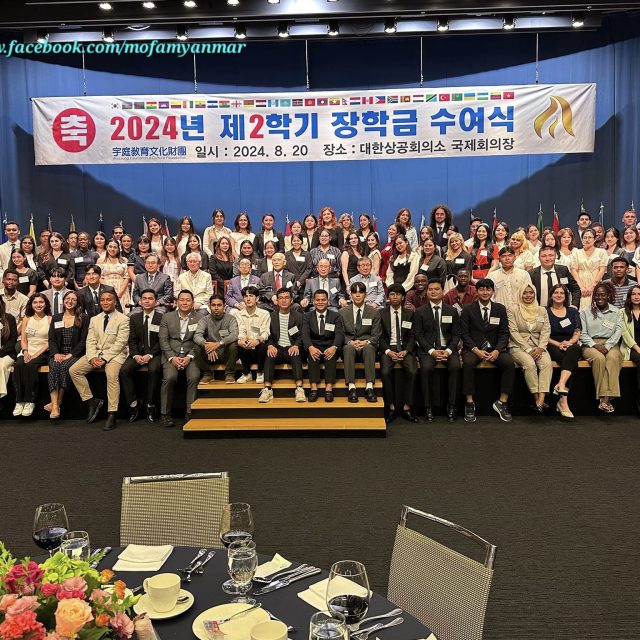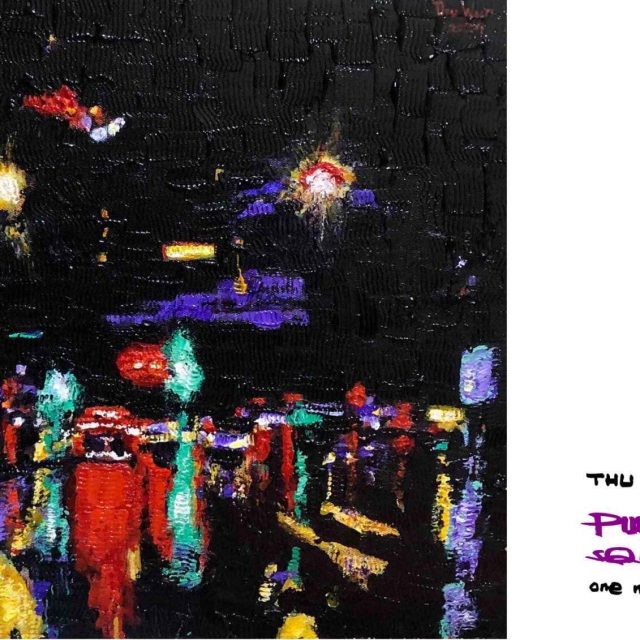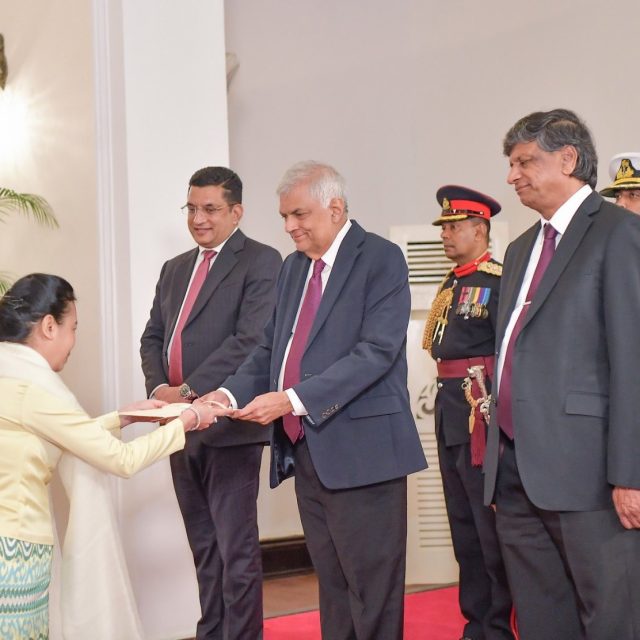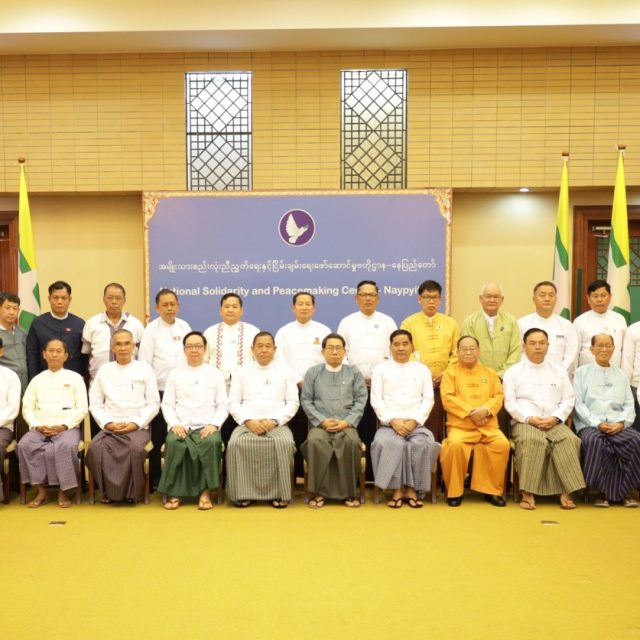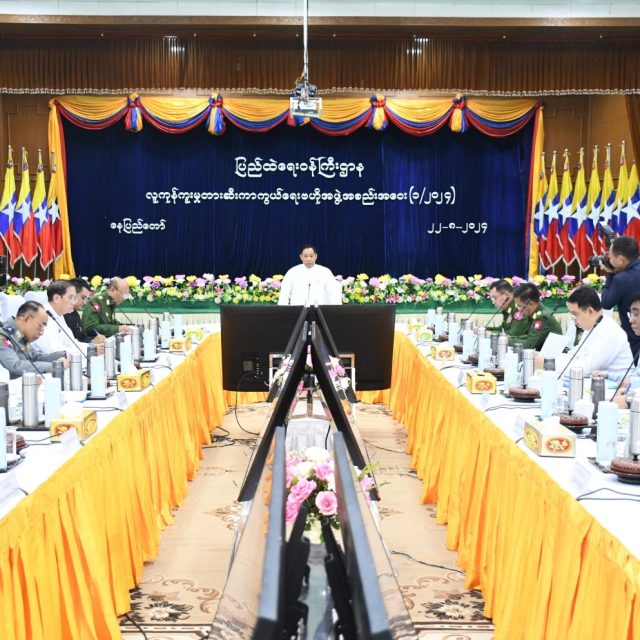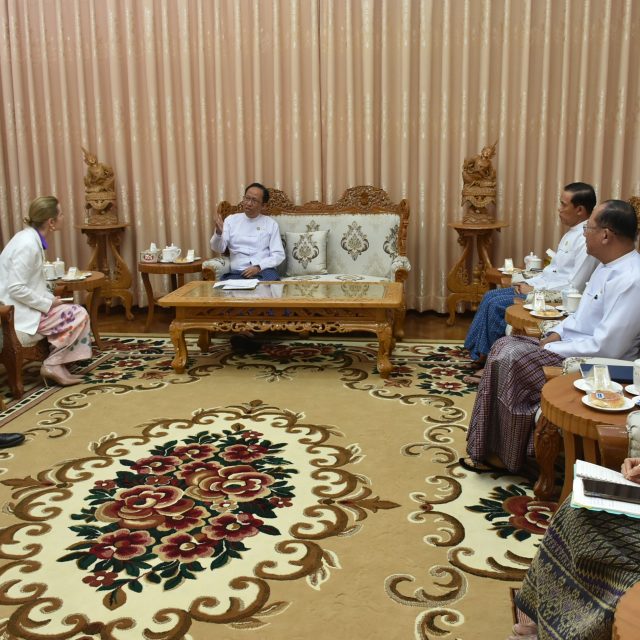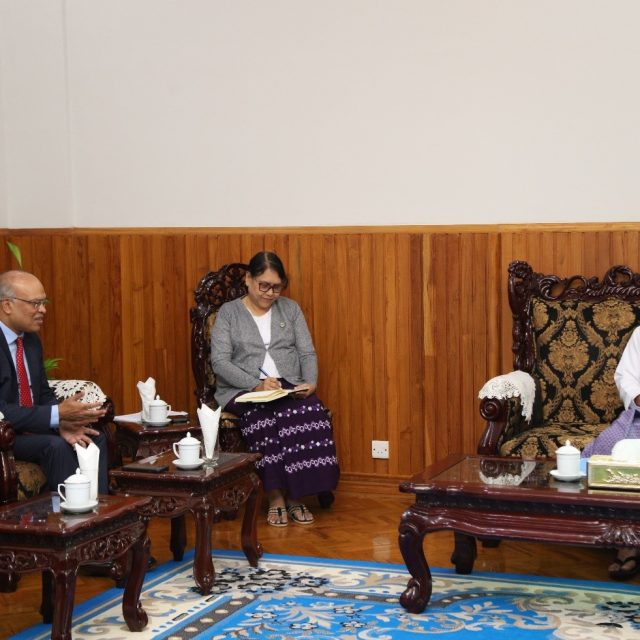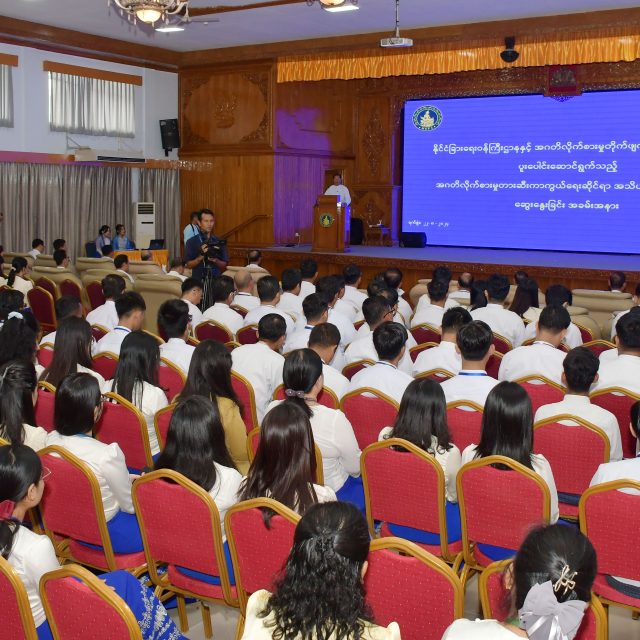In Myanmar, traditional medicine has long played a vital role in healthcare, deeply rooted in the diverse cultures of the nation’s ethnic groups. For generations, traditional medicine treatises have been passed down, offering unique and reliable therapies for promoting people’s health and well-being.
Practitioners of traditional medicine in Myanmar are required to study four distinct branches: Desana, Bhesajja (Ayubeda), Vijjadhara, and Nakkhatta Naya. Desana Naya focuses on therapies derived from the teachings of the Lord Buddha. Bhesajja Naya is centred around the use of herbal plants that existed even before the Buddha’s enlightenment. Vijjadhara Naya involves rare and secret traditional therapies, while Nakkhatta Naya is based on astrological analyses and their influence on health.
The Myanmar government has taken steps to revive and modernize traditional medicine practices. The University of Traditional Medicine plays a crucial role in this effort by educating new generations of students and practitioners in all branches of traditional medicine, including indigenous practices. The aim is to preserve and disseminate potent therapies that can benefit all of Myanmar’s national races, ensuring that this valuable cultural heritage continues to contribute to the nation’s healthcare system.
Although Myanmar’s traditional medicine has provided effective treatments for thousands of years, similar to other ancient medical systems, the transmission of this knowledge to subsequent generations has weakened over time. This has led to the gradual disappearance of some potent therapies from the traditional medicine community.
A key reason for this decline is the reluctance of traditional medicine practitioners to pass on their knowledge easily. The therapies they developed were often highly effective, and there was concern that if misused, they could cause harm. As a result, practitioners and physicians were selective in choosing their apprentices, ensuring that only those deemed worthy and responsible would inherit their medical expertise. Additionally, those practitioners often did not document their therapies, opting instead to preserve this knowledge orally, which further contributed to its gradual loss.
The Myanmar government has taken steps to revive and modernize traditional medicine practices. The University of Traditional Medicine plays a crucial role in this effort by educating new generations of students and practitioners in all branches of traditional medicine, including indigenous practices. The aim is to preserve and disseminate potent therapies that can benefit all of Myanmar’s national races, ensuring that this valuable cultural heritage continues to contribute to the nation’s healthcare system.
Through these initiatives, Myanmar hopes to bolster the standards of its traditional medicine, ensuring that it remains a vital and effective component of the country’s healthcare services for generations to come. All traditional medicine practitioners are also making efforts to expose submerged therapies and share highly potent techniques and therapies, among them aimed at ensuring the betterment of Myanmar’s traditional medicines. Currently, traditional medicine practitioners are seeking the best ways and methods of medical therapies based on their experiences as well as valuable evidence. The fruits of these endeavours will benefit patients and improve the standard of healthcare services.


